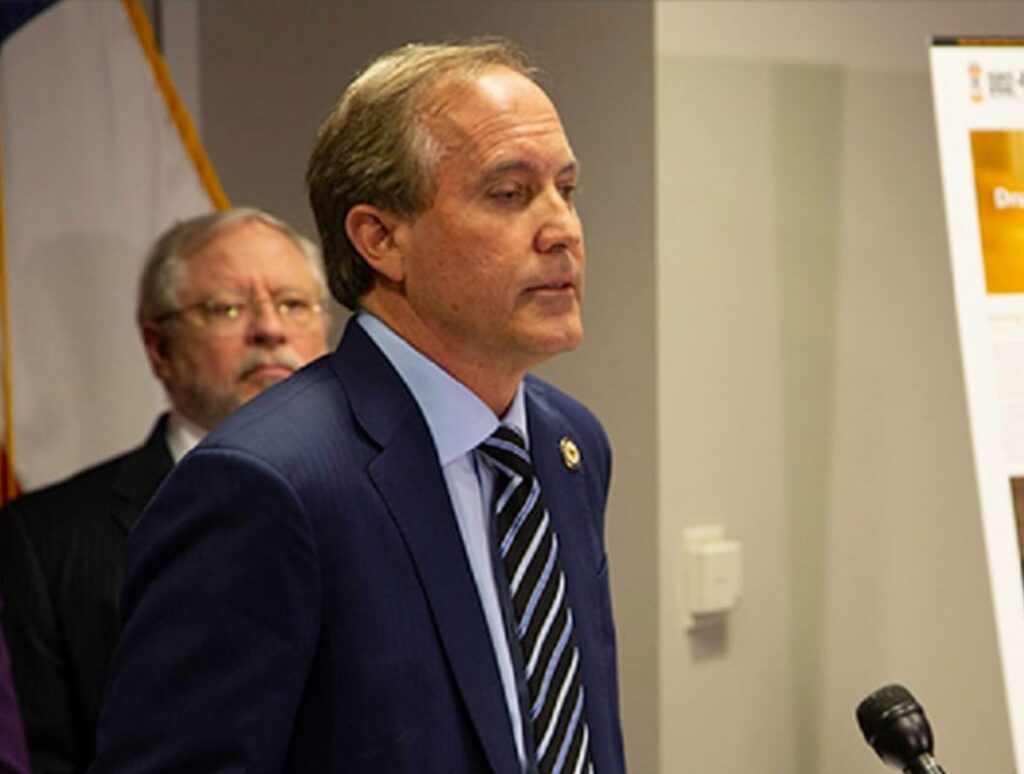
Texas has won a $10.2 million settlement involving 50 jurisdictions and some of the most well-known phone carriers. The lawsuit was under the motion of deceptive and misleading advertising practices; an offense of selling goods or services under false pretenses. We’ve all seen cell phone commercials that brag about having the highest streaming speeds, or latest deals for a free phone if you switch your service to their network. Well, majority of the time, those were white lies. Now AT&T, Cricket Wireless, T-Mobile, Cellco Partnership (Verizon Wireless), and TracFone Wireless all have to pay up for the empty promises they’ve used to reel in new customers for all of these years. Attorney General Ken Paxton voiced his clear opinion on the matter stating, “Businesses cannot lure consumers into deceptive deals through misleading marketing schemes. Often these companies were promising ‘free’ phones with ‘unlimited’ plans which were, in reality, neither of those things. Our settlement holds these companies responsible and compels them to adopt more forthright and transparent marketing techniques.”
The term ‘deceptive trade practice’ has many variations, all with the common thread of it involving misleading marketing. The term not only applies to blatant differences between what is advertised and what is sold, but also the subtle ways a potential buyer can be persuaded through false representation, omission of information, or any other ways of purposely misleading a consumer. The cell phone companies involved in this multi-million dollar lawsuit have all done this in their own ways. For example, T-Mobile would advertise that they have the fastest 5G internet across the United States, but omitting the fact that not all customers will have full access to that 5G network at all times. T-Mobile has an undeniable amount of complaints from customers whose “unlimited 5G data” had clear limits. When there are too many customers using the nearby towers for their internet access their network slows everyone down to inconvenient speeds. There are other ads we’ve all come across on the radio or YouTube where you can get the newest iPhone or Android for “free” with a huge asterisk next to it that most people overlook or don’t notice at all. That little symbol leads to the small print customers later regret, when they find out there have been fees added at a later date, auto-enrolled into a financial plan, or simply expected to buy the phone at full price within a restricted time limit. It’s a disappointing turn of events when the price you were happy with jumps higher, twice while making a purchase. T-Mobile addressed the issue of the lawsuit in an email to Broadband Breakfast saying, “After nine years, we are glad to move on from this industry-wide investigation with this settlement and a continued commitment to the transparent and consumer-friendly advertising practices we’ve undertaken for years.”
New York Attorney Letitia James had a similar victory with lawsuits involving AT&T, Verizon Wireless, and T-Mobile where she recovered $2 million. James stated, “AT&T, Verizon, and T-Mobile lied to millions of consumers, making false promises of free phones and ‘unlimited’ data plans that were simply untrue. Big companies are not excused from following the law and cannot trick consumers into paying for services they will never receive.” The phone companies were responsible of the same deceitful marketing in Washing and ended up paying over $4 million to the District of Columbia and there attorneys.
Last week’s settlement is small compared to the combined fine the Federal Communications Commission (FCC) recently issued these same companies. The FCC found the companies had illegally sold their customers’ data without their consent. In May of this year, 2024, Attorney General Paxton announced the $8 million settlement with google over their ads with false promises pertaining to the Google Pixel 4. Paxton expressed his deep concern for keeping Texans safe amidst the various ways they’ve been targeted by large corporations. “Texas will do whatever it takes to protect our citizens and our state economy from corporations’ false and misleading advertisements. If Google is going to advertise in Texas, their statements better be true. In this case, the company made statements that were blatantly false, and our settlement holds Google accountable for lying to Texans for financial gain. Google enjoys significant influence over individual consumers and the marketplace broadly. It is imperative that large companies do not expect or enjoy special treatment under the law. They must be held accountable for their misdeeds. I will continue to protect the integrity of our marketplace and ensure that companies who lie to Texas consumers are held to account.”
There are two sides of the table to see this issue from; the perspective of the buyer, and of the seller. On one hand, as consumers, people want to be able to trust that their purchases are legit. On the other hand, as a business, how much profit can you expect to make if you highlight the downside of your services or products? Some say there’s a safe middle ground. The law, however, draws a clear line in the sand of how transparent marketing efforts should be.
There aren’t many phone companies that exists, so it’s likely not only are you reading this from a device connected to one of these providers, you likely were sold by one of the fake ads that they’re now being sued over. One by one, these major companies’ attempts to cheat people out of their hard earned money are being shut down. Now that the legalities are over, Texas attorneys are granted $1.15 million in attorney’s fees within the large settlement. Every carrier agreed to stop all deceptive marketing and replace them with honest and accurate statements and disclosures. There are very strict protocols on being able to use the terms “unlimited”, “no limits”, and “free”; they must now, as they always should have been, only used if the service they’re describing is literally unlimited with absolutely no restrictions. Customer service representatives for each company must be trained to comply with new policies and obligated wordage. These companies have accumulated billions of dollars in lawsuits already, this is a very expensive lesson they’ve learned that will hopefully encourage them all to commit to truthful marketing, nationwide.







